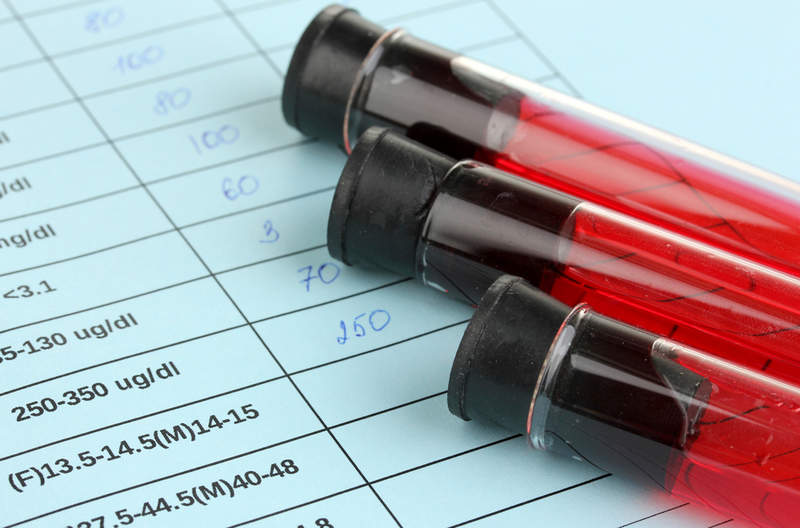

The KU Leuven-led RABYD-VAX consortium is all set to develop a new vaccine against rabies and yellow fever.

Discover B2B Marketing That Performs
Combine business intelligence and editorial excellence to reach engaged professionals across 36 leading media platforms.
Vaccines for these two diseases already exist but there are several drawbacks that hinder their efficient distribution.
Rabies is usually transmitted through dog bites, reported a near 100% fatality rate, and claims an estimated 59,000 lives every year.
KU Leuven Laboratory of Virology RABYD-VAX coordinator Johan Neyts said: “Most of these patients live in rural areas in Africa and Asia.
“More than half of the victims are children. Many people are still not vaccinated because the vaccines are very expensive and they need to be transported and stored at cool temperatures.”

US Tariffs are shifting - will you react or anticipate?
Don’t let policy changes catch you off guard. Stay proactive with real-time data and expert analysis.
By GlobalDataEvery year, about 30,000 people are dying because of the mosquito-borne virus yellow fever that can cause a life-threatening infection with jaundice, systemic bleeding, shock, and organ failure.
Set to be included in routine childhood vaccinations, the new vaccine is expected to be safe, temperature-stable and easy to produce.
RABYD-VAX received a grant of €4.1m from the European Union’s Horizon 2020 Research and Innovation Programme under Grant Agreement no. 733176.
The consortium includes researchers from KU Leuven, the Belgian Scientific Institute of Public Health, the Biomedical Primate Research Center in Netherlands and the Animal and Plant Health Agency in the UK.
Image: The new vaccine would be safe, temperature-stable and easy to produce. Photo: © KU Leuven.




